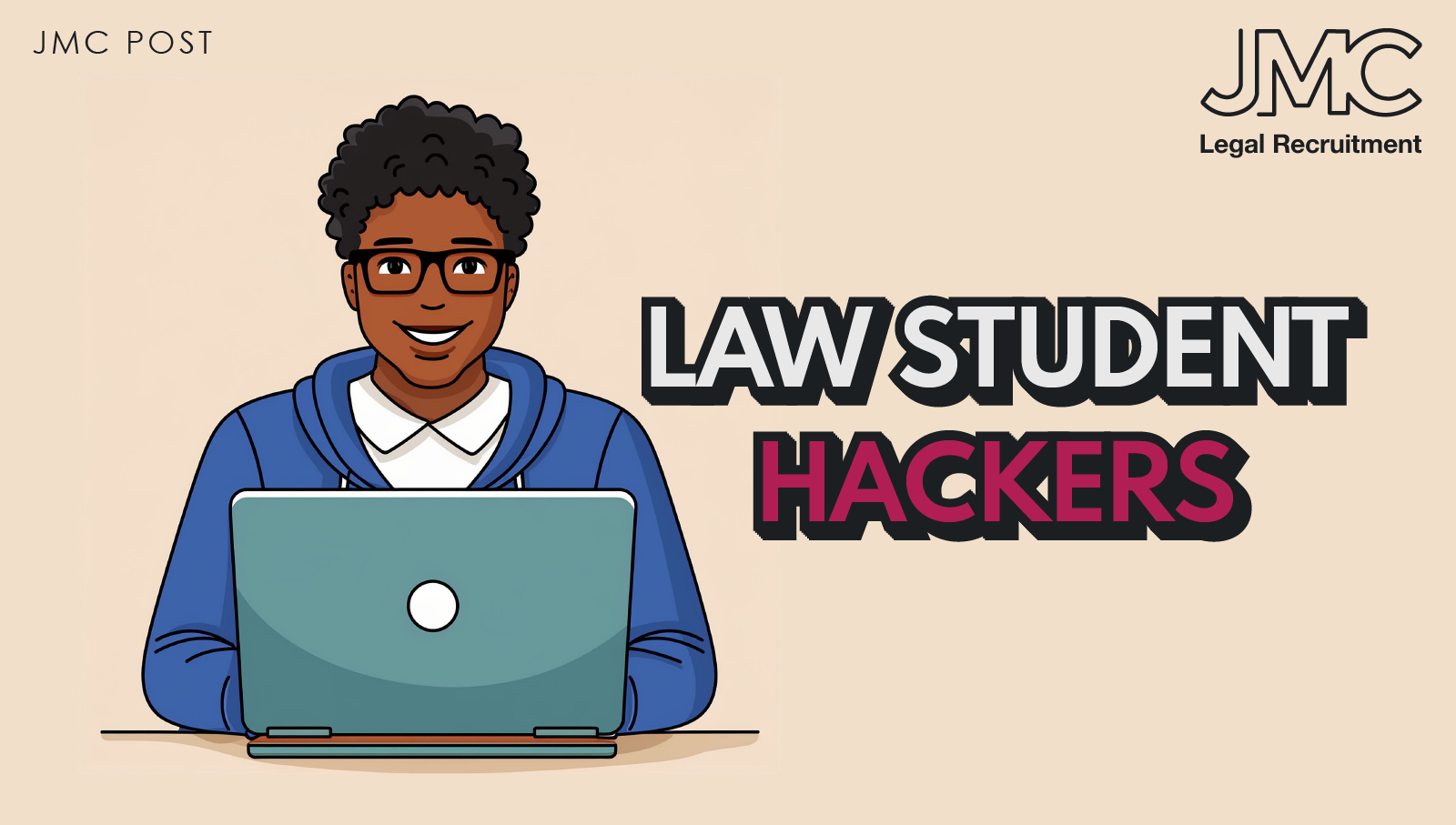
Law Student Hackers
24 Jun, 20245 minutes
💻Should Law Students Also Be Hackers?
A 2023 National Cyber Security Centre (NCSC) report found that the legal sector was especially vulnerable to cyber-attacks.
Last November, a cyber attack on service provider CTS affected multiple law firms. Also, a 2021 attack on the conveyancing giant Simplify reportedly cost the firm more than £7 million.
If legal professionals understand cybersecurity laws and practices, that’s a big plus. But Yale Law School takes it one step further by teaching students how to hack. This course, run by Professor of Law Scott J. Shapiro, helps students find vulnerabilities and grades them not on how well they write about hacking, but on showing their hustle in finding hacks
.
“Our students need to know how computer networks and data can be breached, and how the humans behind them can be fooled, to truly appreciate the practice of cybersecurity.”
Cyber-attacks aren't just about accessing a law firm’s data. It’s also about multiple crimes, from theft to espionage, and even terrorism threatens companies, governments and individuals.
Lawyers who understand how hacking works can offer valuable support to law firms today and be in a powerful position to help create the sort of robust legal framework we’ll need in the future.
What do you think? Should learning to hack be part of training to become a lawyer in the UK today? Let us know your thoughts in the comments. ⤵️




